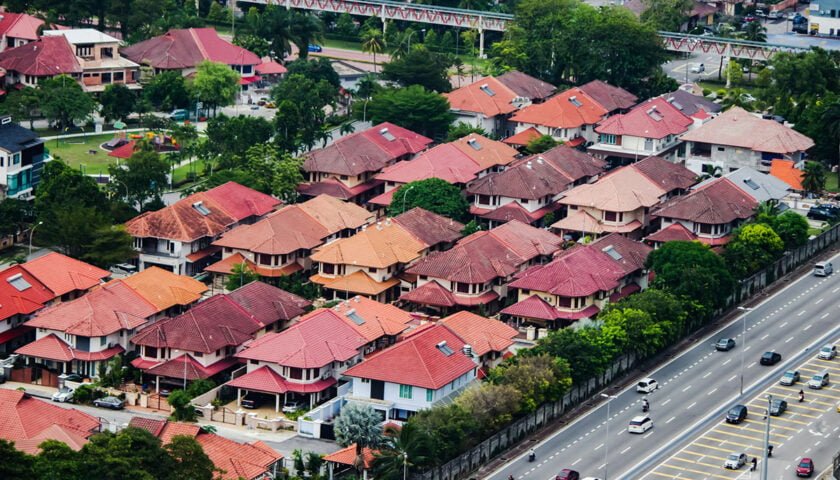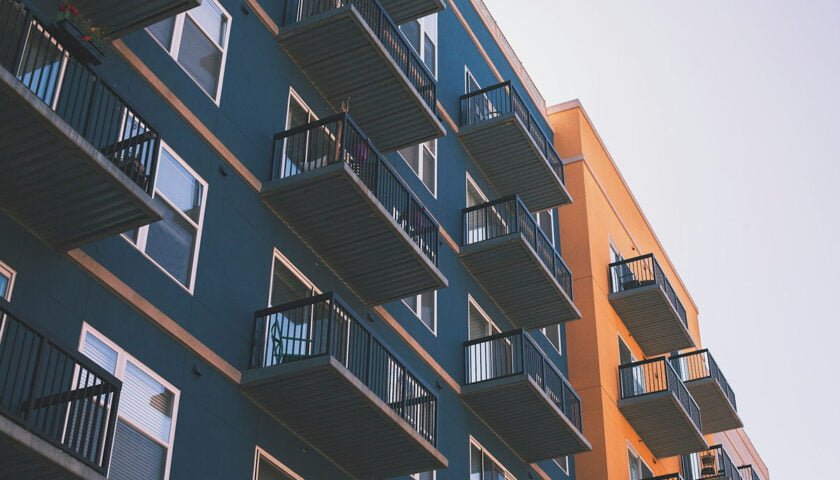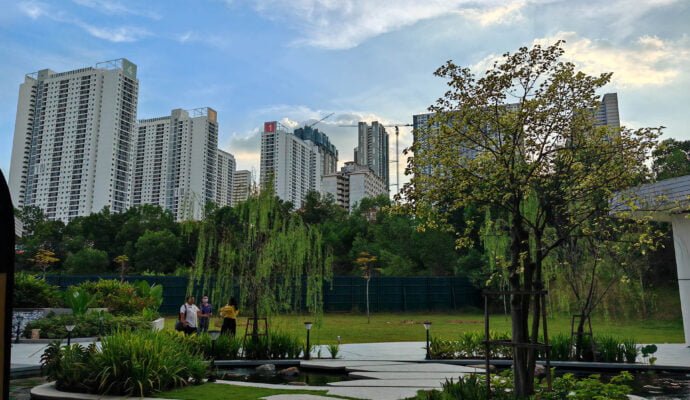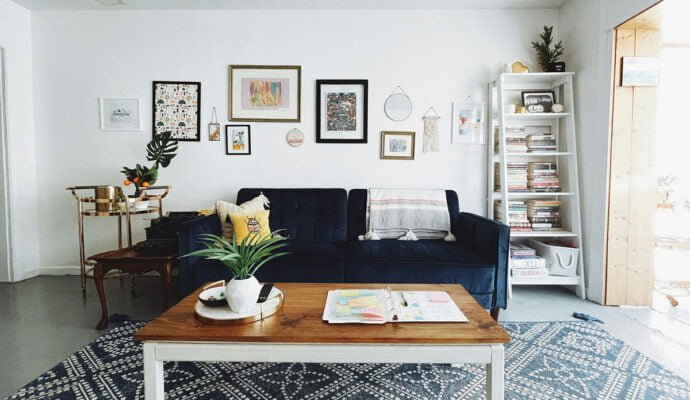Over the years, the travel and hospitality sector has witnessed remarkable transformations and groundbreaking achievements. Among these milestones stands the iconic Airbnb, which originated from a simple bed and breakfast concept and has since evolved into a billion-dollar staycation phenomenon spanning across more than a hundred countries worldwide.
However, delving into the realm of homestay businesses requires careful consideration and planning. Before embarking on your journey with Airbnb, it’s essential to grasp the intricacies of this flourishing opportunity.
Insights and Trends
The rise of Airbnb has captivated a significant portion of Malaysia’s hospitality landscape, with over 60% of new hosts in the first half of 2021 falling within the millennial age bracket of 25 to 40 years. Notably, Selangor, Kuala Lumpur, Johor, Sabah, and Penang emerge as the top five states for staycations, reflecting the nationwide appeal of this trend.
Despite the challenges posed by ongoing Movement Control Orders (MCOs), Airbnb hosts collectively earned a staggering sum of over RM680,000 during this period, underscoring the platform’s role as a crucial source of income for households and businesses alike. Amid economic uncertainties, hosting on Airbnb has provided many individuals with a lifeline, offering respite from financial constraints.

The Essence of Homestay Ventures
The allure of Airbnb lies in its flexibility for both property owners and guests, fostering a symbiotic relationship where hosts rent out their spaces while guests relish in unique accommodation experiences. Although staycations have temporarily receded due to prolonged travel restrictions, the resurgence of domestic tourism beckons a swift return.
As the nation gradually reopens its state borders, the tourism industry, including Airbnb, is poised for a resurgence. Furthermore, the shift towards remote work during lockdown periods has spurred demand for alternative living arrangements, driving interest in homestays as viable options for extended stays.
Navigating Legal Requirements for Airbnb Hosts
While Airbnb operations are deemed legal in Malaysia, they operate within a regulatory framework characterized by limited government oversight. In the absence of comprehensive federal legislation delineating clear guidelines for restrictions, the onus falls on local state governments to undertake the regulation of Airbnb activities within their jurisdictions.
To navigate this landscape, Airbnb hosts are compelled to initiate the application process and seek approval from pertinent authorities, including the local municipal council and the joint management body, in order to obtain a lodging house license for operation. It is paramount that Airbnb premises are situated on lands specifically designated for commercial or commercial mixed-use purposes, highlighting the importance of adherence to zoning regulations in ensuring regulatory compliance.
This multifaceted regulatory environment underscores the necessity for meticulous attention to detail and proactive engagement with regulatory bodies to navigate the complexities of operating within the Airbnb sector in Malaysia.
Navigating Condominium Regulations for Airbnb Operations
For individuals considering the operation of an Airbnb within a condominium setting, it is imperative to engage with the condominium management for comprehensive guidance. The authority vested in the Joint Management Body (JMB) enables them to enact supplementary by-laws tailored to specific needs.
In the context of strata properties, the decision to permit Airbnb hosting rests solely with the residential building management, necessitating thorough communication and compliance checks for potential hosts. Strata property owners aspiring to establish Airbnb units must diligently verify approval from the condominium management to avoid any regulatory infringements.
Strata titles, typically assigned to individual units within a development with shared common areas, underscore the importance of adhering to established regulations. Governed by the Strata Management Act 2013, condominium management retains the authority to levy fines of up to RM200 against violators of building by-laws, reinforcing the necessity for meticulous adherence to regulatory protocols.

Unlocking Supplementary Income Streams with Airbnb
Far from traditional room rentals, Airbnb serves as a lucrative avenue for hosts to supplement their income. A survey conducted by Airbnb revealed that nearly half of Malaysian hosts and guests view the platform as a vital source of revenue, aiding in managing daily expenses and servicing bank loans.
These short-term rentals cater to stays lasting a few nights or weeks, catering to various purposes such as vacations, business trips, or events. The profitability of short-term rental income, exemplified by Airbnb, often surpasses that of conventional long-term rentals.
Exploring Flexible Check-in Options
In the midst of the pandemic, individuals are increasingly seeking flexible accommodation options beyond traditional homes or hotels. Airbnb has responded to this shift by introducing three innovative search features: Flexible Dates, Flexible Matching, and Flexible Destinations.
These options empower users to customize their stay experience by selecting specific dates, duration of stay, number of guests, and preferred locations on the map. Additionally, Airbnb offers Unique Stays tailored to discerning lodgers and Outdoor Getaways for those with an adventurous spirit, catering to a diverse range of preferences and needs.
Evaluating the Pros and Cons of Airbnb Hosting
While embarking on an Airbnb venture offers lucrative income potential, it entails careful consideration of various factors. Short-term rental rates on platforms like Airbnb often surpass those of long-term rentals. However, this profitability hinges on factors such as location, connectivity, amenities, property condition, and ambiance.
Prospective hosts must conduct thorough assessments and consult with local council and building management authorities before delving into Airbnb hosting. By adhering to regulations and making informed decisions, individuals can embark on a rewarding journey as Airbnb hosts.




